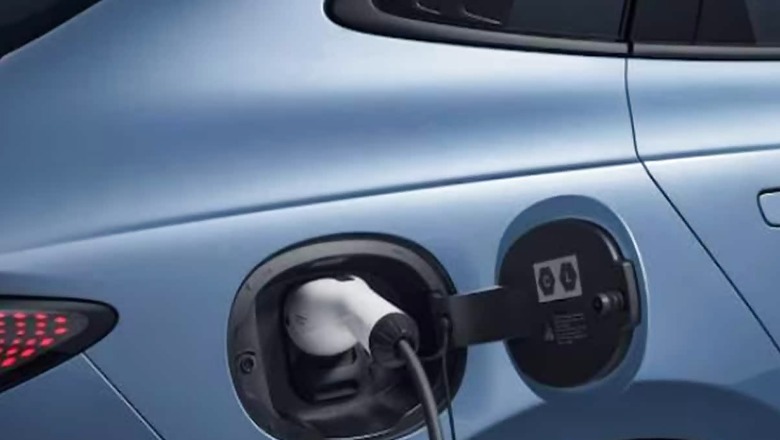
views
The rapid rise of electric vehicles (EVs) as the most prevalent mode of personal mobility has resulted in a new set of environmental issues.
The primary issue is battery-generated waste and the excessive mining of lithium-ion battery components, which has wrecked ecosystems. That, however, represents a considerably smaller percentage of the far greater environmental problem caused by electronic trash, which encompasses the residues of all types of electronic goods after they have been used.
This contains toxic chemicals, plastic, and metal, which combine to form millions of tonnes of e-waste, highlighting the importance of a proper recycling ecosystem.
As the world observed Global Recycling Day on March 18, here’s a closer look at why India and the rest of the world need to step up their electric vehicle battery recycling efforts.
“E-waste does pose a potential crisis. Hazardous chemicals like chromium and mercury can seep into the water supply and the soil, having long-term ramifications on health,” said Nitin Gupta, co-founder and CEO of Attero Recycling as quoted by Hindustan Times.
Attero Recycling is a leading lithium-ion battery recycling company in India, with over 45 global patents in recycling technology.
Even though lithium-ion battery waste makes up a significantly lower portion of all e-waste today, projections indicate that by 2030, EVs will account for 60 per cent of the 2 billion private vehicles that are predicted to be on the road worldwide.
“Globally, end-of-life lithium-ion batteries is around a million tonnes today, And that global number is growing by 30 per cent annually,” Nitin Gupta added. “Almost 75 per cent of those millions of tonnes come from manufacturing waste. Less than 25 per cent of it is coming from non-manufacturing waste which includes end-of-life consumer electronics, telecom battery packs, solar storage battery packs, and recalled EV battery packs,” he explains while breaking down the battery waste spectrum, as per HT.
Hybrids are making a strong comeback in markets such as the United States, with pioneers such as Toyota selling more hybrids than Tesla sold EVs.
Meanwhile, global consensus currently appears to be shifting towards EVs as part of a larger, multifaceted approach to transportation that includes alternative fuels, hydrogen, and even hybrid powertrains.
Shortly after the sales decline, Apple stated that it was abandoning its decade-long effort to develop its electric vehicle, while Mercedes-Benz delayed its ICE vehicle production date from 2030 to 2035. Electric mobility is not the only solution.
In addition, there are geopolitical aspects to consider. China currently leads the way in terms of lithium deposits suitable for battery applications.
China accounts for more than 80 per cent of the global supply of battery-grade lithium carbonate and lithium hydroxide. In light of this, numerous nations have developed legislation to encourage lithium-ion battery recycling.




















Comments
0 comment